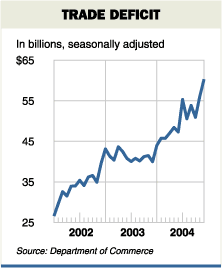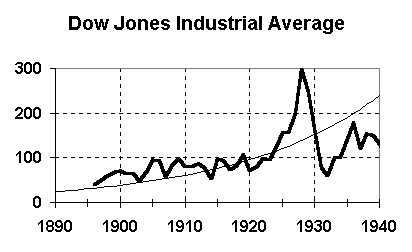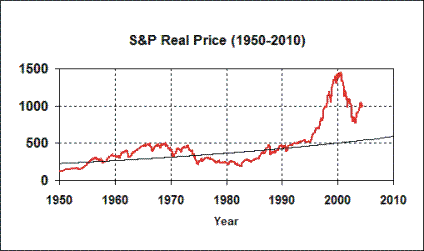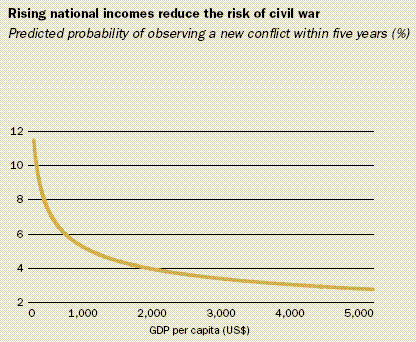Dear Sean,

Originally Posted by
Peter Gibbons
> Mike and I have been tossing around the ol' "Are we 3T or 4T?"
> deal as usual. I am "3T", he is "4T".
> One (of a few reasons) why I'm 3T is what I call the lack of a
> "dooziness factor", DF, involved in the Phony Fourth (2001-?). To
> my mind, the opening cascade of at least the past four 4T's in our
> line have involved truly incredible events: See 1929-33, 1859-61,
> 1773-76, 1675-77.
Although I've taken part in these discussions, and I'm strongly on
the side of 4T, I've reached the point where I don't think it makes a
damn bit of difference whether you call this 3T or 4T. The only
thing that really matters is when the actual crisis war begins. As
you know, I've identified over 100 crisis wars throughout history,
but I certainly make no claim to have identified the start of 100
crisis periods, and I'm not sure I could, even if I read every
history book in the world.
Do we even know what a 4T period is? We obviously don't, and that's
why there's no agreement. I don't agree with previous 4T periods
either. For example, I say the Revolutionary War 4T began in 1772,
when a major British banking crisis pushed most New England
businesses into bankruptcy. I see the Boston Tea Party as a
follow-on event.
So you come back to the point of - who cares? In the end, it matters
only that the Revolutionary War was fought, and that's all that's
needed to establish the generational cycles throughout history.
Originally Posted by Croakmore










